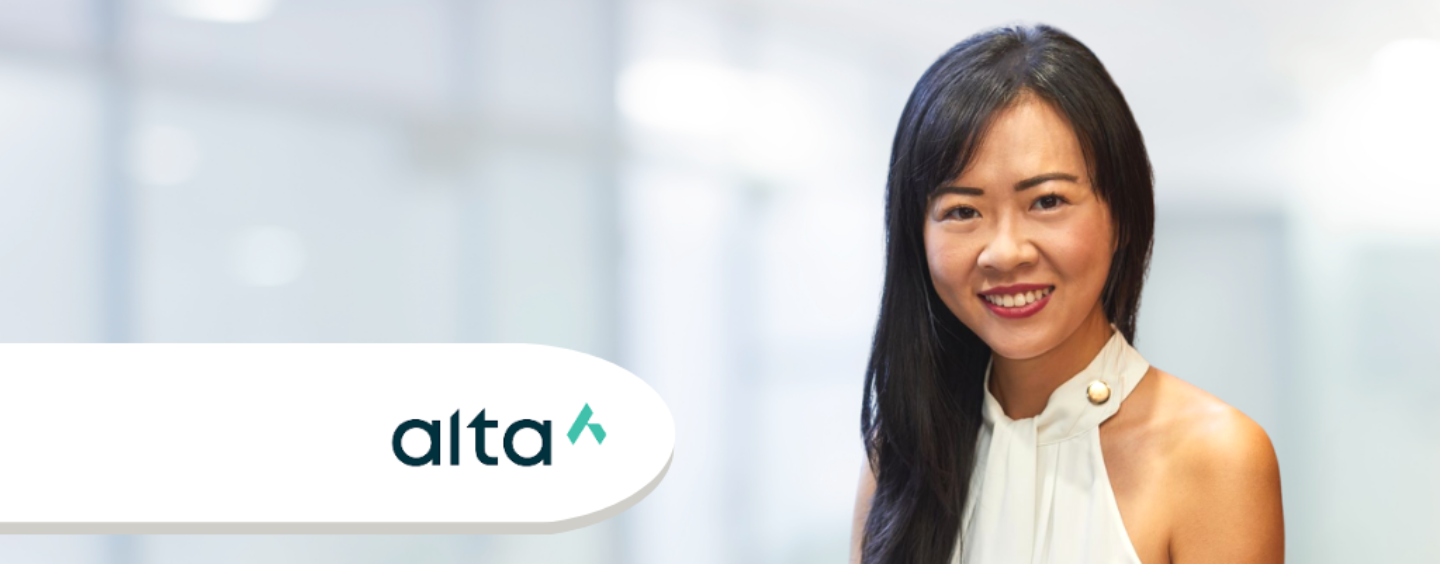The alternative asset space is a complex and fragmented market with many investment opportunities, such as real estate, private equity, hedge funds, and commodities.
In the coming years, private capital markets are expected to experience robust growth. According to Preqin, global private capital markets are projected to nearly double, reaching US$18.3 trillion by 2027, up from US$9.3 trillion at the end of 2021.
This increase is attributed to the continued growth of the alternative asset market, including private equity, venture capital, and real estate. As institutional investors seek higher returns and diversify their portfolios, alternative investments have become increasingly popular.
Although investing in these assets can offer advantages such as diversification and the possibility of higher returns, the market is marked by numerous inefficiencies and opacities.
One of the most significant barriers to entry into this space is the high investment costs and illiquidity, which means that investors have to tie up their funds for extended periods and may be unable to sell their investments quickly.
Additionally, the transaction times in this space can be lengthy, discouraging investors who want to see quick returns.
Establishing a digital marketplace for alternative investments
Khai Lin Sng, Co-Founder and Chief Investment Officer of Alta witnessed first-hand the inefficiencies in the private capital markets during her time in investment banking. With only select investors accessing these markets, there is a notable lack of liquidity and transparency, leading to outsized returns for those lucky to gain access.
Moreover, many companies are now choosing to stay private longer, limiting investor opportunities. In response, Khai Lin, alongside co-founders Kelvin Lee and Benjamin Twoon, devised a solution to create a digital marketplace for alternative investments.
They aim to improve access and liquidity for investors in the private capital markets, providing more significant benefits for all.
Overcoming the biggest obstacle in founding Alta
When Alta began its journey to create liquidity in the unlisted equities market, it faced significant trade speed challenges.
In an interview with Fintech News Singapore, Khai Lin stated that each trade typically required approximately four months to complete, limiting the number of times a particular asset could be traded to no more than three times per year.
Recognising the need for increased liquidity and transparency in the unlisted equities market, Alta turned to blockchain technology to tokenize assets.
The company’s blockchain-powered exchange offers end-to-end solutions for private capital markets, fund management, custodial services, and other related offerings.
By doing so, they aimed to provide investors with greater accessibility to alternative investment opportunities, enhanced liquidity, increased transparency, and reduced transaction times and costs.
Alta’s Growth Beyond Borders
Alta has since expanded its offerings beyond access and liquidity to unlisted private equities and funds.
The company allows investors to invest and trade in diverse curated alternative assets, ranging from SpaceX and ride-hailing giants Grab and Gojek to rare whiskeys, premium wine labels, and other unique opportunities.
Since 2016, the company has enabled over 1,500 transactions amounting to over US$600 million, granting investors access to vast investment opportunities valued at over US$22 billion worldwide.
“Advances in platform technology and innovation by fintech players have made alternatives increasingly within reach for accredited investors, with multiple platforms offering ways to access alternative assets like a hedge fund, VC funds, alternative credit, and also hard assets like luxury assets including rare whiskeys, wines, and art, as well as real estate,” said Khai Lin.
In November 2022, Alta acquired Hg Exchange (HGX) to support further their objective of enhancing liquidity and transparency in the alternative asset market.
The acquisition facilitated the launch of their fund management division, bringing together all of their private capital markets, fund management, and exchange businesses under one roof.
“Today, we have a fund management arm that will specifically look at enhancing liquidity in secondary markets with our partners BRI Ventures and Aris Prime Partners. These funds will start at US$50 million each and focus on capitalising on the deep discounts in secondaries, especially with category leaders,” said Khai Lin.
Providing Equal Representation and Opportunities for Women
As a woman in a male-dominated industry, Khai Lin has faced unconscious biases throughout her career.
” I have learned that these struggles may be unseen or unconsidered by my male colleagues, not because they are prejudiced against women, but simply because they can’t resonate with the experiences women entrepreneurs go through, ” said Khai Lin, who is also the Vice President of the Singapore Fintech Association.
Despite these challenges, Khai Lin has continued to pursue her career and is committed to breaking down barriers and promoting diversity in her industry. She advocates for equal representation and opportunities for women, working to create a more inclusive and equitable workplace for all.
Women have a strong presence in the company’s tech teams, which means they can help push for more female representation and diversity of views within the company.
“I am glad to share that we have a nearly 50/50 gender ratio at Alta at nearly all levels of our organisation achieved through a fair recruitment process that offers candidates equal opportunities regardless of their gender,” said Khai Lin.
As the fintech industry becomes more diverse and inclusive, women entrepreneurs are breaking through and making significant contributions to this rapidly evolving space. Khai Lin, a trailblazer in the industry, has shared some valuable advice for women looking to make their mark in fintech.
“I want to share with my fellow female entrepreneurs that if you can prove your mettle, you will earn the respect you deserve from your professional counterparts,” she said.










